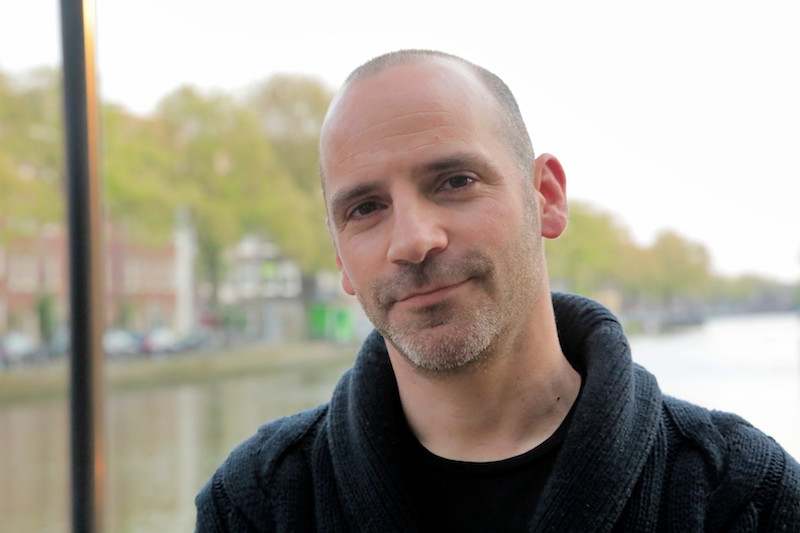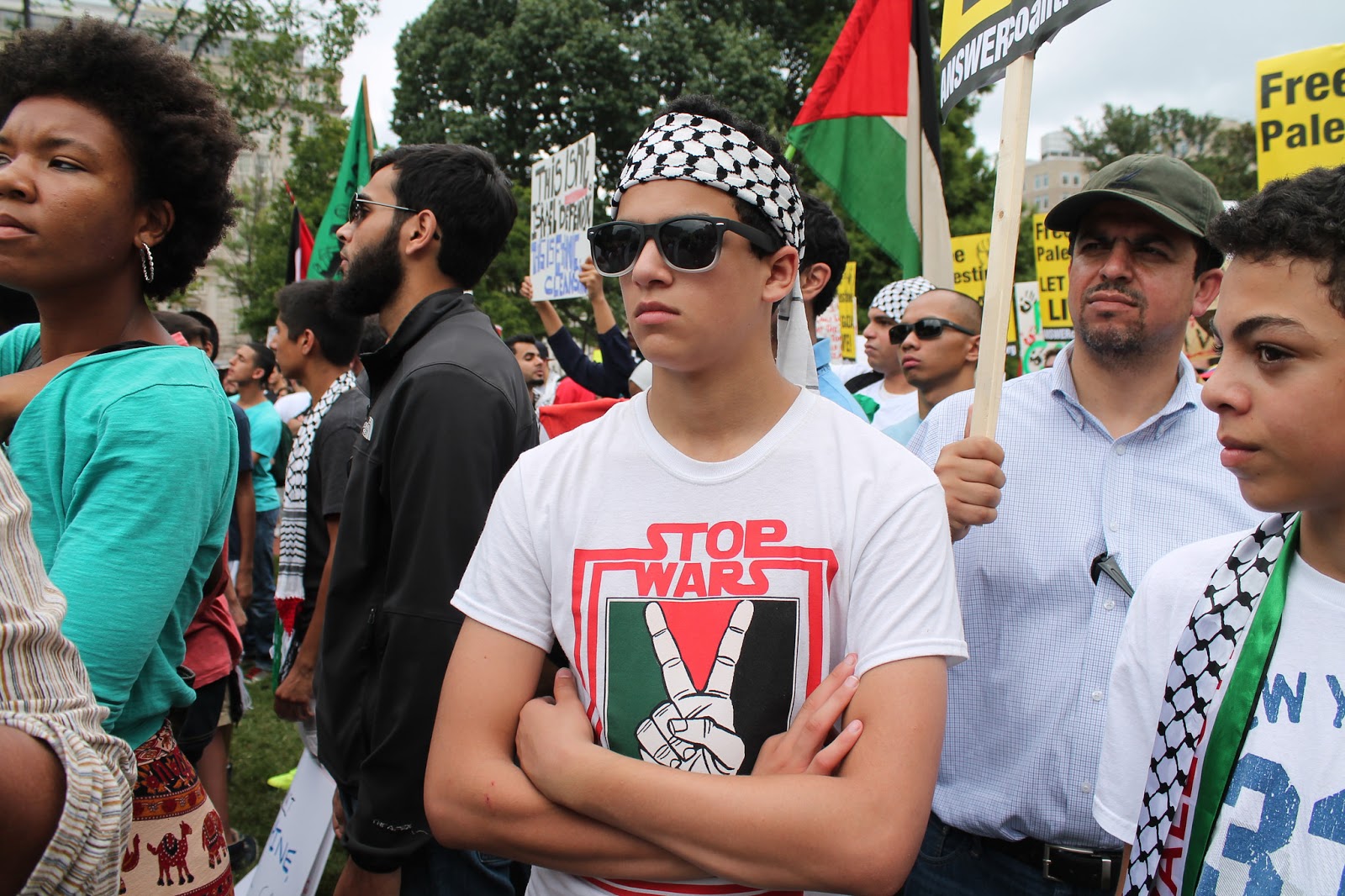In the classic story of nonviolent resistance “Stride Toward Freedom: The Montgomery Story”, Martin Luther King, Jr. states six principles of nonviolence. The first principle is as follows—nonviolence is a way of life for courageous people. It does take audacity to directly oppose anything, to stand against injustice. I had the opportunity to have a conversation with Ronnie Barkan, an Israeli human rights activist, who could be one of those people who King wrote about 60 years ago.

Ronnie Barkan defines himself as a privileged Israeli Jew. Besides being a human rights activist, Barkan is a co-founder of the Boycott, Divestment and Sanctions (BDS) movement which is a global Palestinian-led campaign for freedom, justice and equality. It started in 2005, combining 170 different Palestinian organisations that signed up to a shared mission, which urges to put pressure on Israel until Israel acts in accordance with international law and respects fundamental human rights.
How Does a Boycott Work?
Barkan looks at the BDS campaign as a grassroots movement. He states that there is a way how boycotts can be something that everyone of us can participate in:
“When you choose where your money goes, you choose whether you buy products that are produced in a sweatshop or not, and you can also choose whether you buy products that come within the expense of oppressing Palestinians.’
Nonetheless, BDS goes far beyond economic consumer boycott; it also involves around cultural and academic spheres. One part of boycotting is divestment—the controlling of companies which fund, for example, pension funds. Students can ask universities not to invest in companies which are acting against human rights.
When talking about who is being boycotted, Barkan explains:
“For cultural and academic boycott, we have clear BDS guidelines, which make sure that we are not boycotting every Israeli simply because they are from Israel. We are only boycotting those that are the representatives of that state. We don’t boycott the individuals.”
Even Music Takes Part in Boycott
As and example of cultural boycott Barkan mentions the recent case with an artist from New Zealand, Lorde:
“There was a call on her not to perform there and she decided to hear the call and not to perform and this raised a lot of international attention. This is more about symbolism. The fact that a certain artist doesn’t perform in Israel doesn’t harm the economy or any individuals. It is just that some artists decide not to perform there but it really touches the nerve.’’
Nonviolent Resistance versus Arms
When being asked about the role of nonviolence, Barkan does not hesitate to share his thoughts on the present situation:
“I am not here to condemn Palestinian armed resistance, but it is not very effective. When you struggle to fight against the fourth of fifth largest nuclear superpower in the world, it doesn’t really make sense to resist with weapons. I am happy that I have the opportunity to not use weapons against anyone […] Our power as activists is gained by doing things transparently and not being ashamed by what we do.’’
The Unclear but Promising Future
Towards the end of the discussion, Barkan shifts towards the hopeful picture of the upcoming. He talks about reassuring signs that keeps his outlook on the future positive:
“Firstly, I am very optimistic about the media’s campaign to change the discourse and it is definitely happening. This discourse is slowly seeping into the mainstream media. Secondly, that I am optimistic about is the whole blockchain technology—cryptocurrency. There are a lot of discussions, misconceptions about that but we are just at the beginning with this revolution, which makes banks and authorities pretty much abundant. There are endless possibilities that come up with that—from the distribution of wealth to the redistribution of information.”
In the fast-paced world we live in today, it has become too effortless to accept the illusions of equity. Slipping out of this mindframe, re-evaluating our values is indeed challenging, but if nonviolence combined with courageousness is our hope, I think we are on the right path.
By Christiana Nitisa
Photo credits:
Ronnie Barkan, Ronnie Barkan’s personal archive, all rights reserved.
Gaza, Elvert Barne, 2.0 Generic (CC BY-SA 2.0)








